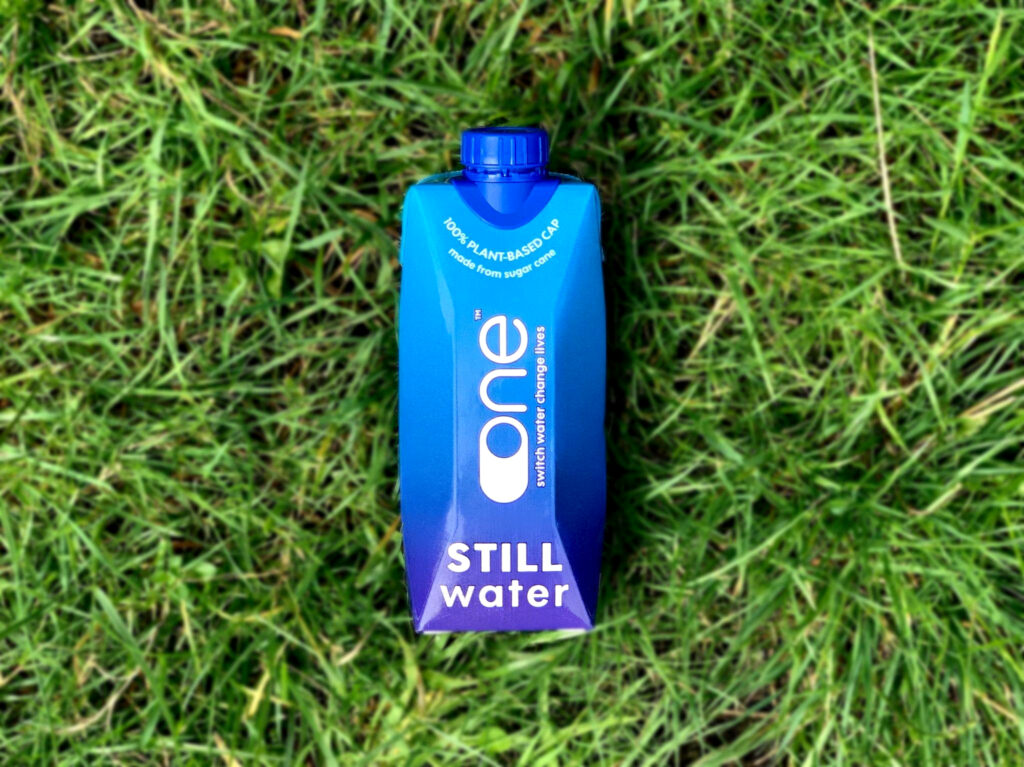If you haven’t noticed already, our Tetra Pak cartons have been upgraded! Not only do they have a new look and feel, they’re also better for the environment because of their increased content of renewable materials and their lower carbon footprint.
Read on to find out more about our new caps and why we decided to switch to plant-based plastic.
What’s the difference between the old and new cap?
There are two types of plastic – synthetic and bio-based. Our previous caps were synthetic plastic, which came from fossil fuels such as crude oil, natural gas or coal. Our new caps are bio-based plastic and made from renewable materials – in our case sugar cane! As sugar cane is a renewable material that grows back, we protect the Earth’s natural resources and help slow down the rate of global warming by having a much lower carbon footprint.
Why sugar cane?
Sugar cane is a fascinating plant. The world’s largest grower of sugar cane is Brazil, from where we source our bio-based plastic. It’s such a useful resource because it:
- Grows very densely with a high yield, meaning it’s harvested and regrows fully every year.
- Requires less farmland to grow, using less energy and other resources to produce it.
- Is a very water-efficient plant, requiring no irrigation as it receives essentially all the water it needs from natural rainfall.
- Doesn’t upset a pre-existing ecosystem or food supply.
- Absorbs CO2 from the air as it grows (like all plants do!)
How does sugar cane turn into plastic?
When the sugar cane has grown for a year, the harvesting process is ready to begin. As the sugar cane is processed by the sugar cane mills, it’s separated into two products: edible sugar and ethanol, the latter forming the base ingredient of our plastic.
The ethanol then undergoes a series of refining processes, where it becomes ethylene and then bio-based polyethylene plastic. This material feels and looks the same as synthetic plastic but with the added benefit of being eco-friendly in more ways than one!
Like most processes, there is also a waste product which is a pulp known as bagasse. An extra bonus is that bagasse is a biofuel – which means it can be used to produce clean energy. In fact, it produces enough energy to supply the surrounding cities and is the third largest energy source nationally in Brazil!
Great – Where do I get one?
We’re gradually introducing our new cartons on our online shop and our Amazon so that you can see this innovation for yourself!
We’ve switched to plant-based plastic, so why don’t you?

